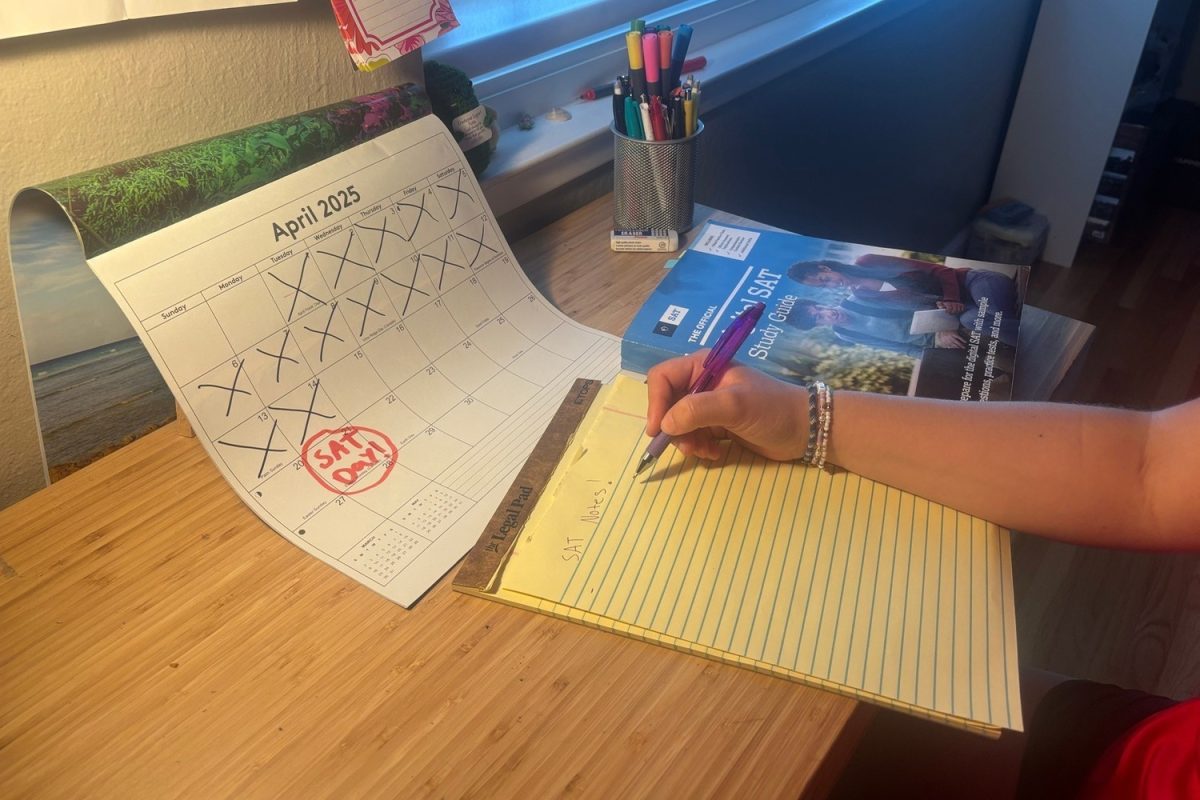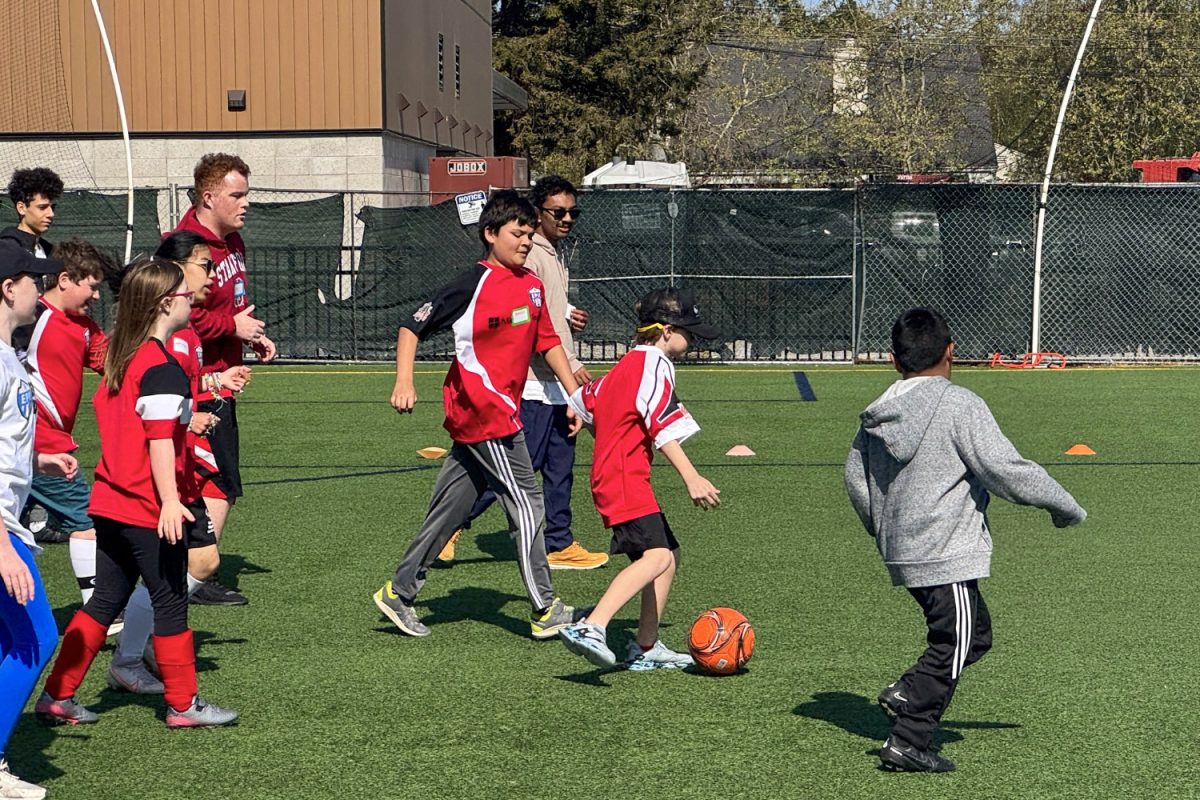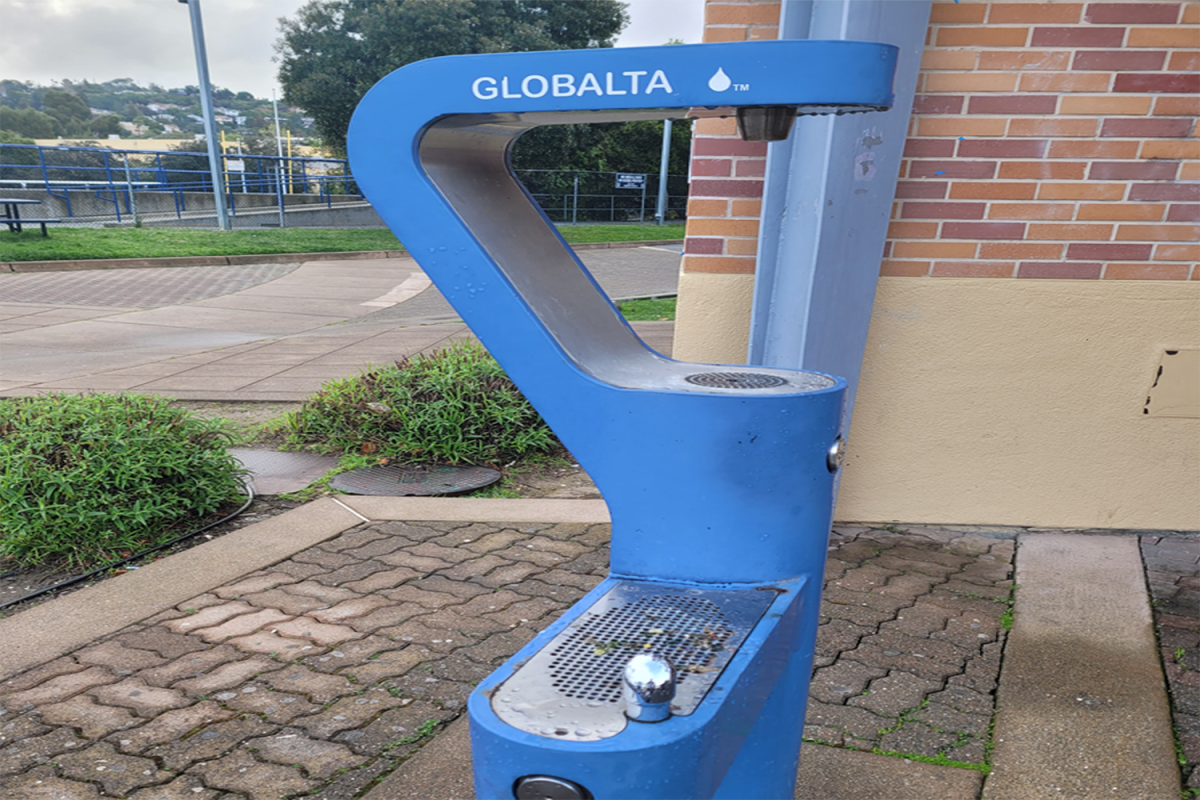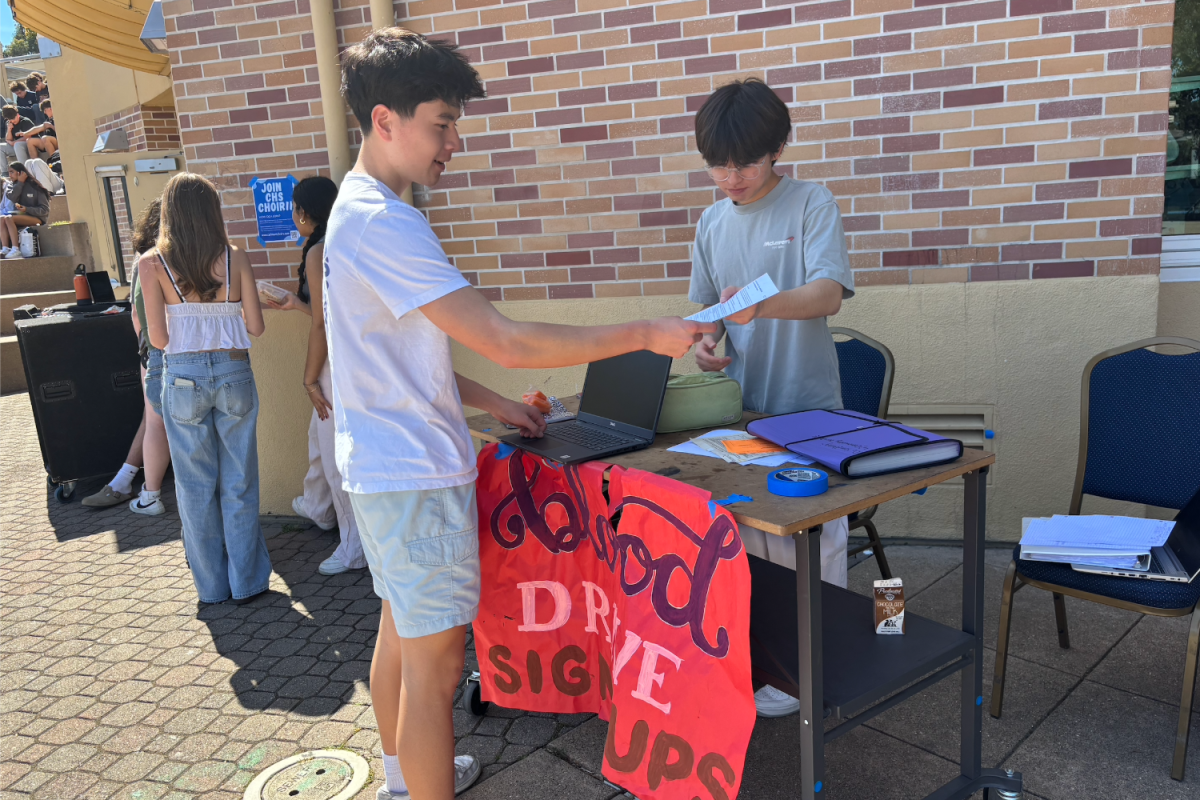When the final bell rings, the busiest time of day starts for a high school student. They need to read Shakespeare, complete a math worksheet, start a history project, finish a chemistry lab, and go to two hours of basketball practice. They consistently stay up well past midnight, and their grades begin to slip. To make matters worse, Mom and Dad aren’t any help.
This is a familiar scenario for many high school students, the feeling of drowning in an ever-growing pool of homework.
“Homework from the week adds up, and your two-day weekend basically becomes a one-day weekend when you scramble to finish your homework for Monday,” said Jacob Stattenfield, a sophomore.
There is still a way to navigate out of that mess.
“We want to support students emotionally, academically, and help them to plan their post-high school futures,” Kristin Vernon said.
Vernon is one of eight school counselors at Carlmont. They help students with any problems they might have. In a few weeks, the counselors start a three-month period where they discuss the students’ schedules for the upcoming school year and their futures, be it college or career paths.
“My counselor helped plan out my classes for this year, as well as setting up a rough outline of my course pathway in junior and senior year while keeping my interests in mind,” Stattenfield said.
What if a student is faced with more personal issues? What can a school counselor do to help? Listen to a student’s problem? Call home?
Steve Bolton*, found out firsthand. He was dealing with depression before high school, but during freshman year, things just got worse. His mental health, coupled with a large homework load, lead to things going downhill. Bolton soon found it impossible to work outside of school, and the zeros were beginning to pile up. All his grades were dropping. Eventually, he worked up the courage to seek support.
“My counselor helped me negotiate homework extensions with my teachers when I was going through a hard time,” Bolton said.
By the end of the year, Bolton was able to bring himself back on track and even improved his grades.
Many students may have reservations about revealing their personal problems, but counselors are experts in this field. Vernon, for example, has been counseling for several years at different schools. She has specifically worked with students that have emotional issues. Alternatively, Carlmont offers Students Offering Support (SOS), lead by Shelley Bustamante, which is a program specifically for those dealing with home, mental, and emotional complications.
Counselors have open schedules allowing students to visit when they need to: during lunch, before and after school, and during the flex period. If a student is going through a personal emergency, they are free to visit during class periods, but it is always preferred to make an appointment beforehand.
“Every day can be a little bit different. And of course, if a student comes in and is going through something emotional, then it takes priority. That’s partially why our schedules are fairly unpredictable,” Vernon said.
However, the counselors’ flexibility also allows them to give their full attention to each of their 300 students, whenever they decide to drop by.
“They listened to my personal problems with empathy; they were a good listener and put themselves in my position, which showed me they cared,” Bolton said.
The counselors are there to support every Carlmont student. Dropping by the counseling office and getting to know the counselors could be a lifesaver.
*Steve Bolton is a pseudonym to protect the anonymity of the source.












